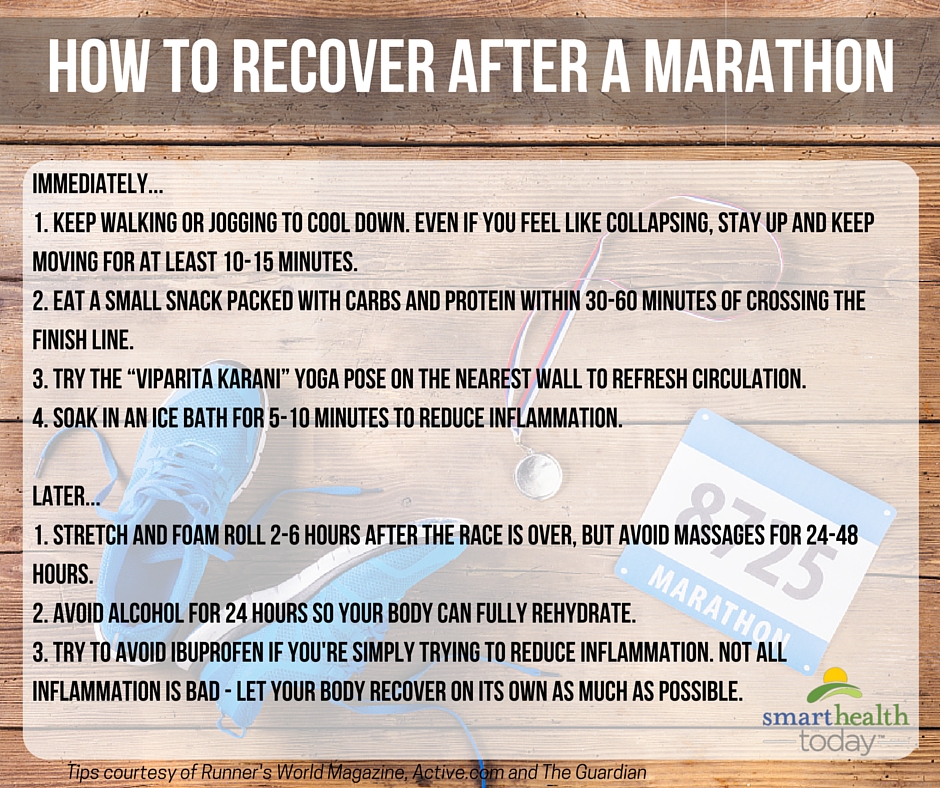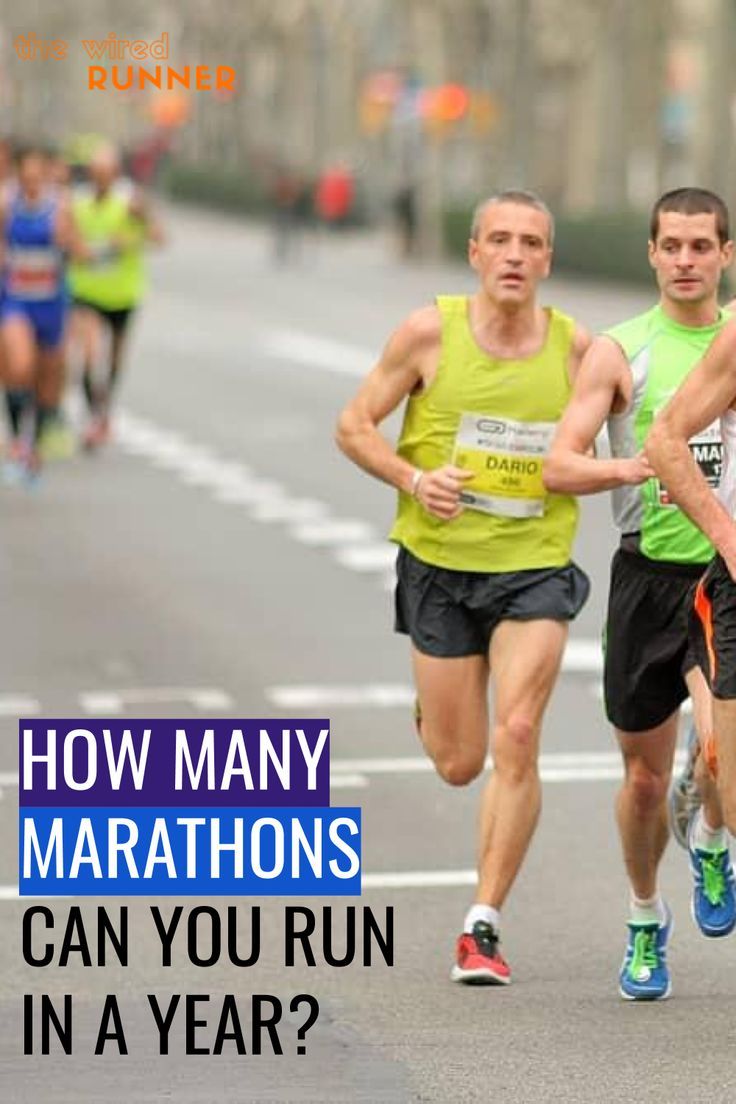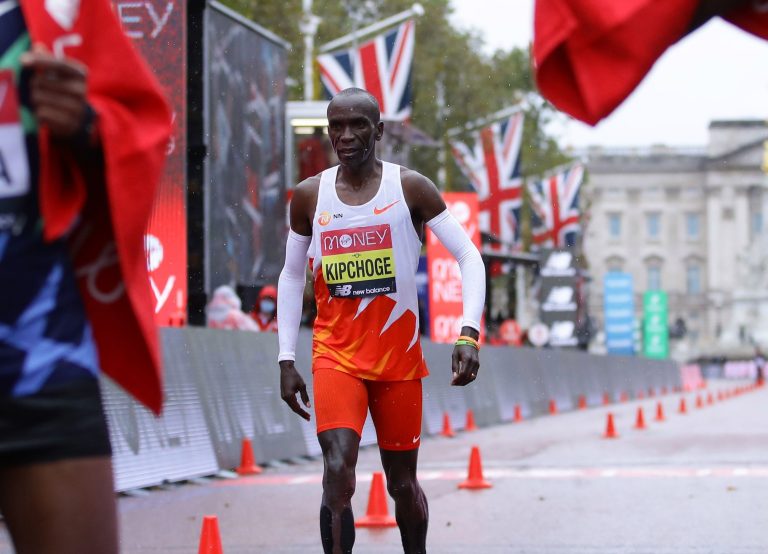How to Recover from a Marathon
Recovering from a marathon requires a careful and strategic approach. In order to recover effectively, it is important to prioritize rest, proper nutrition, hydration, and gentle active recovery activities.
Completing a marathon is an incredible achievement that requires months of dedicated training and physical stamina. However, once the race is over, the body and mind need time to recover and rejuvenate. Understanding how to properly recover from a marathon is essential in order to prevent injuries, regain energy, and get back to a normal routine.
This guide will provide you with practical tips and guidance on how to recover effectively from a marathon. By following these strategies, you’ll be able to bounce back quickly and get back to your running routine stronger than ever. So, let’s delve into the essential steps to aid your body in its recovery process.
Nutrition For Recovery
Proper nutrition plays a crucial role in the recovery process after completing a marathon. It not only aids in replenishing the body’s energy stores but also supports muscle repair and overall recovery. By focusing on post-marathon nutrition, you can expedite the recovery process and get back to your regular activities feeling strong and healthy.
Importance Of Proper Nutrition
Proper nutrition is essential for marathon recovery because it helps the body replenish glycogen stores, repair damaged tissues, and restore hydration levels. Consuming a well-balanced meal that includes carbohydrates, proteins, and healthy fats facilitates the healing process and ensures the body has the necessary building blocks to repair itself.
Hydration Tips
- Drink plenty of water to rehydrate the body and aid in the elimination of waste products accumulated during the marathon.
- Include electrolyte-rich beverages such as coconut water or sports drinks to replenish lost minerals and maintain proper fluid balance.
- Monitor urine color to ensure adequate hydration – light yellow to clear urine indicates proper hydration.
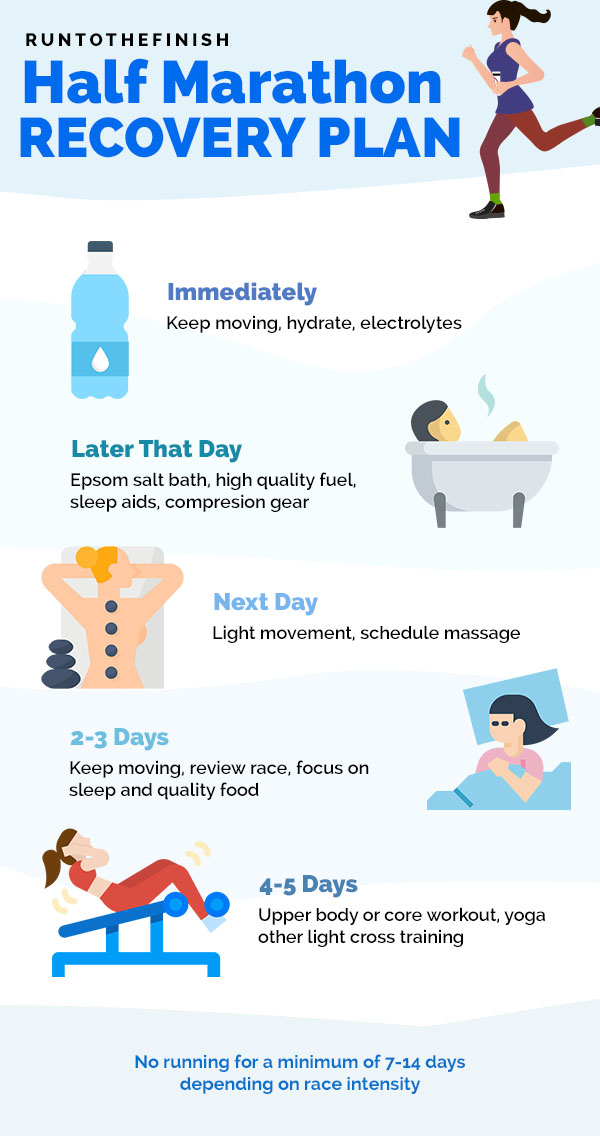
Credit: www.runtothefinish.com
Rest And Sleep
Rest and sleep play a crucial role in recovering from a marathon. Your body needs time to repair and rejuvenate after the physical exertion it has endured. It’s essential to prioritize rest and get quality sleep to ensure a smooth and speedy recovery. In this section, we will explore the recovery time needed and the importance of quality sleep in the marathon recovery process.
Recovery Time
Recovery time after a marathon varies from person to person. Typically, it takes around one to two weeks for your body to fully recover from the demands of a marathon. This recovery period allows your muscles, joints, and ligaments to heal and regain their strength. However, it’s important to note that this timeframe may vary depending on various factors such as your fitness level, age, and any pre-existing injuries.
During the recovery phase, it’s crucial to listen to your body and give it the time it needs to recover fully. Pushing yourself too soon can lead to overtraining and increase the risk of injuries. Be patient and gradually ease back into your regular training routine when you feel physically and mentally ready.
Quality Sleep
Sleep is often underrated but plays a vital role in your overall health and recovery. It’s during sleep that your body repairs and rebuilds tissues, strengthens the immune system, and regulates hormone levels. Getting quality sleep helps reduce inflammation and fatigue, promoting a quicker recovery.
To ensure you get the most out of your sleep, here are some tips:
- Stick to a Schedule: Establish a consistent sleep schedule by going to bed and waking up at the same time every day, even on weekends.
- Create a Relaxing Environment: Make your bedroom a sanctuary for sleep by keeping it cool, dark, and quiet. Consider using earplugs or a sleep mask if necessary.
- Avoid Stimulants: Limit your intake of caffeine and avoid consuming it close to bedtime as it can interfere with your sleep quality.
- Establish a Pre-sleep Routine: Develop a calming routine before bed, such as taking a warm bath, practicing relaxation exercises, or reading a book. This helps signal your body that it’s time to unwind and prepare for sleep.
- Avoid Screens: The blue light emitted by electronic devices can disrupt your sleep patterns. Disconnect from screens, including smartphones, tablets, and televisions, at least an hour before bedtime.
- Invest in a Good Mattress and Pillow: Ensure your sleeping surface provides adequate support and comfort to promote a restful sleep. An old, uncomfortable mattress can impact your sleep quality and hinder your recovery.
- Consider Incorporating a Nap: Short power naps, around 20 minutes, can be beneficial in boosting your energy levels and aiding recovery. Avoid longer naps that may interfere with nighttime sleep.
By prioritizing rest and quality sleep, you provide your body with the essential time and resources it needs to recover effectively. Make sleep a priority in your marathon recovery plan, and you’ll be back on your feet feeling refreshed, rejuvenated, and ready for your next challenge.
Active Recovery Techniques
Active recovery techniques are essential for marathon runners to speed up the recovery process and reduce the risk of injury. Incorporating stretching and yoga into your post-marathon routine can help alleviate muscle soreness and improve flexibility. Foam rolling, on the other hand, is a popular self-massage technique that targets specific muscles, releasing tension and promoting faster recovery. Let’s delve into each of these active recovery techniques further:
Stretching And Yoga
Stretching is a simple yet effective way to prevent muscle tightness and improve overall flexibility. Dedicated stretching sessions post-marathon can alleviate muscle soreness and stiffness, promoting a quicker recovery. Focus on stretching all major muscle groups, including hamstrings, quadriceps, calves, and hip flexors. Hold each stretch for 15-30 seconds while breathing deeply and relaxing into the stretch. Remember to warm up your muscles with a light jog or brisk walk before stretching to enhance blood flow and make stretching more effective.
Yoga is another beneficial activity that combines stretching with mindfulness and relaxation. It not only eases muscle tension but also promotes mental well-being. Incorporating gentle yoga poses such as forward bends, twists, and hip openers can help restore balance to the body and soothe any post-marathon soreness. Consider attending a yoga class specifically designed for athletes or follow a yoga routine tailored for runners.
Foam Rolling
Foam rolling, also known as self-myofascial release, involves using a foam roller to apply pressure to specific muscles and trigger points. By mimicking the effects of a deep tissue massage, foam rolling helps break down adhesions, release muscle knots, and increase blood flow to the targeted areas. This aids in reducing muscle soreness and improving range of motion.
During foam rolling, position the roller beneath the desired muscle and gradually roll back and forth, focusing on any tight or tender spots. Spend extra time on these areas, allowing the pressure to release any tension. Remember to breathe deeply and relax your muscles as you roll. It’s essential to pay attention to proper technique and avoid rolling directly over joints or injured areas.
Incorporating these active recovery techniques into your post-marathon routine will not only help you recover faster but also improve your performance in future races. Remember, consistency is key, so make these activities a part of your regular training routine to reap their long-term benefits.
Injury Management
When it comes to recovery from a marathon, injury management is crucial for a safe and efficient recovery process. Running a marathon can put a significant amount of stress on your body, increasing the risk of potential injuries. Therefore, it’s essential to understand how to manage and recover from these injuries effectively.
Listen To Your Body
Listen to your body during the recovery process. If you experience persistent pain, discomfort, or unusual symptoms, it’s important to acknowledge and respond to these signals. Ignoring your body’s signals can lead to further complications and prolonged recovery time.
Seek Professional Help If Needed
If you encounter persistent or severe discomfort, it’s imperative to seek professional help. Consulting with a licensed physical therapist or sports medicine specialist can provide you with a tailored recovery plan to address your specific injury. Do not hesitate to seek guidance from experts to ensure a safe and effective recovery.
Mental And Emotional Recovery
Recovering from a marathon is not just about physical rest but also prioritizing your mental and emotional well-being. It’s crucial to acknowledge and address the inner challenges post-race.
Positive Self-talk
Engage in positive self-talk to uplift your spirits and boost your confidence levels. Remind yourself of your achievements and focus on progress rather than setbacks.
Setting New Goals
Embrace the journey of setting new goals to maintain your motivation and continue your fitness journey. By challenging yourself, you keep the momentum going.
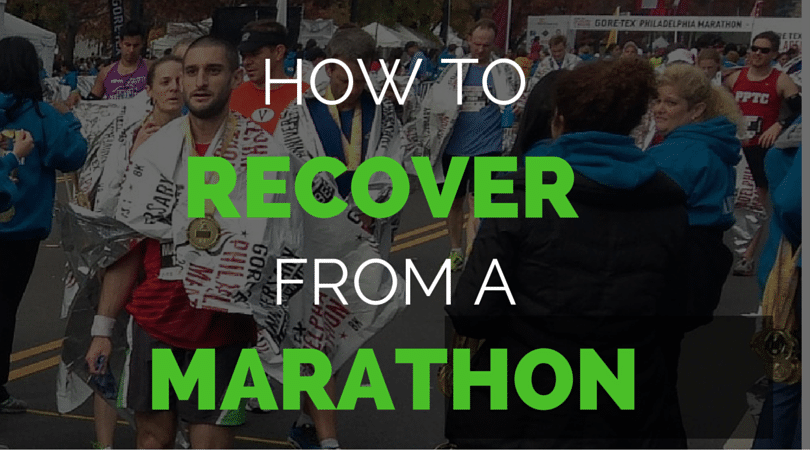
Credit: runnersconnect.net

Credit: www.trainingpeaks.com
Frequently Asked Questions For How To Recover From A Marathon
How Long Do You Need To Recover From A Marathon?
Recovery time after a marathon varies but typically takes around 2-3 weeks for physical recuperation. Listening to your body is key.
What Should You Not Do After A Marathon?
After a marathon, avoid excessive sitting and standing still to prevent blood pooling. Don’t skip hydration and nutrition to aid recovery. Avoid strenuous activities and give your body time to rest and recover. Don’t ignore any pain or discomfort – seek medical attention if necessary.
Avoid overindulging in post-race celebrations.
How Do You Feel The Day After A Marathon?
The day after a marathon, you might feel exhausted and sore in your muscles due to the intense physical effort. It’s common to experience fatigue, stiffness, and overall body fatigue. Proper rest, hydration, and light stretching can help alleviate these symptoms and aid in recovery.
Conclusion
In wrapping up, recovering from a marathon is crucial for your overall health and performance. By following a structured recovery plan, such as adequate rest, proper nutrition, and gentle exercise, you can speed up the recovery process and minimize the risk of injury.
Remember to listen to your body and give it the care it needs.

